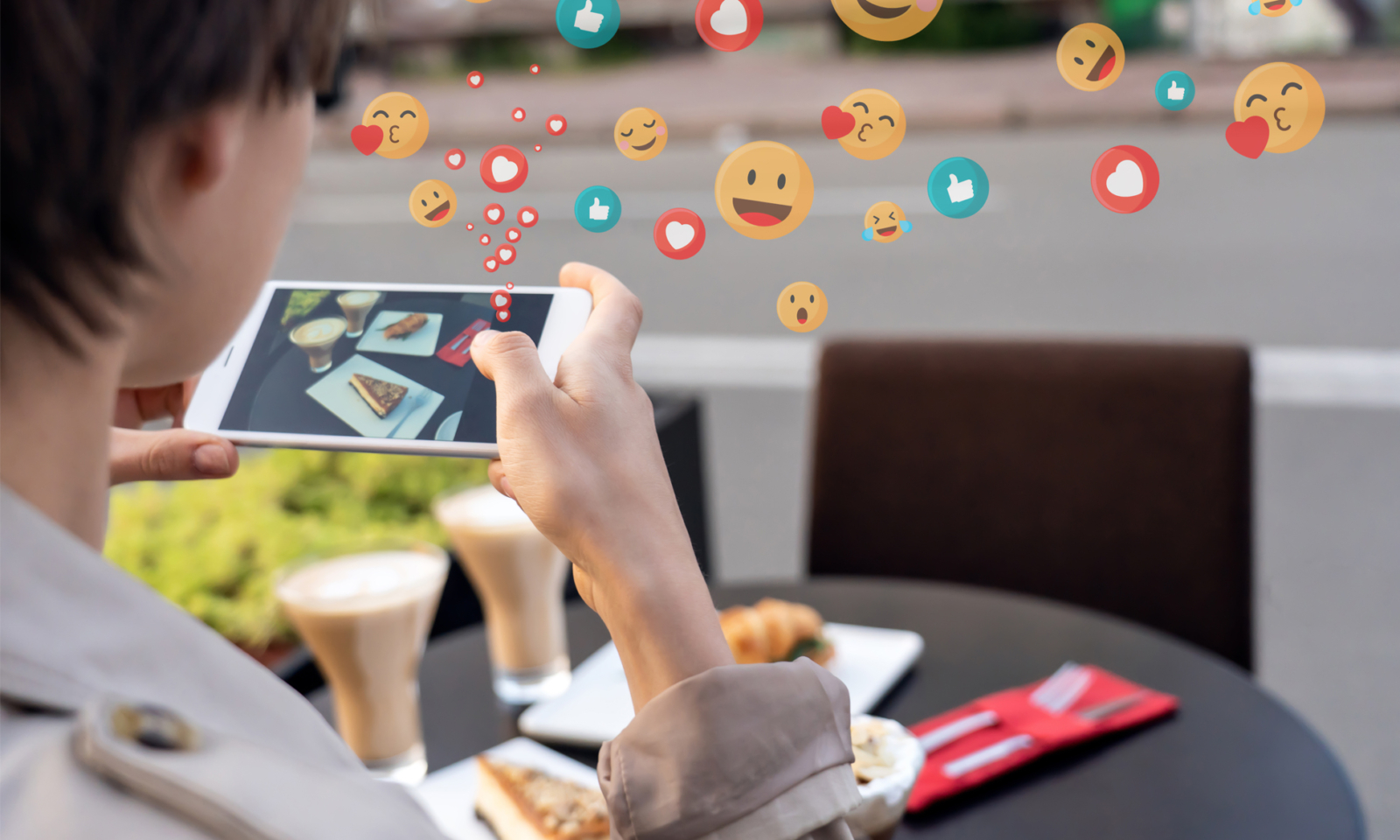Whilst influencers have been firmly planted in our lives (and on our Instagram feeds) for some time now, the onset of the Covid-19 pandemic last year has sparked some fierce debates online about the future of influencer marketing
In this post, we delve into the events that shifted perspective on influencers, trend predictions for 2021 and ask whether influencer marketing is still as effective as it used to be.
What is influencer marketing?
Anyone who uses Instagram on a regular basis will have come across influencer marketing at some point. It’s a form of social media marketing that involves product placements, endorsements and partnerships between brands and social media users with large followings. The term influencer stems from the individual’s ability to influence what their followers purchase/consume. Influencer marketing comes in the form of paid posts or videos, gifted items and reviews.
Why is influencer marketing effective?
The reason consumers respond so well to influencer marketing is because it comes from someone they have already chosen to follow and engage with on social media. Influencers usually accumulate many admirers, so if they recommend a product or service, their followers are likely to pay attention.
Does influencer marketing still work?
Influencer marketing is big business, with many brands using it in some capacity. But with our social feeds becoming saturated with sponsored content, are consumers becoming tired of it? According to a survey conducted by Oberlo in 2020, 80% of consumers have purchased a product after seeing it in an influencer’s post. It’s clear, even after the introduction of laws that require influencers to clearly declare when they have been paid to do a post using the hashtag #ad, that they haven’t lost their hold over consumers and how they spend their money. However, there has been a clear shift in attitudes towards influencer marketing over the past couple of years, which has only been accelerated by the Covid-19 pandemic.
Covid controversy
From Kim Kardashian’s lavish 40th birthday island getaway, to the numerous reality TV stars turned influencers jetting off to Dubai to escape lockdown restrictions in the UK, it’s safe to say that influencers have come under fire over the past year. The backlash from the media, general public and even celebrities has contributed to a change in how we view the industry, as well as those working in it. Logging onto Instagram whilst stuck in the house with no prospect of leaving the city, let alone the country, and seeing wealthy reality TV stars sunning it up in Dubai and the like, was a bitter pill to swallow for many, and demonstrated a clear double standard during a time when non-essential travel was banned.
Instagram star Sheridan Mordew then famously appeared on daytime television to defend her controversial trip, claiming that it was essential for her work, and was heavily criticised for being “tone deaf”.
At the same time, Love Island’s Dr Alex George used his platform to spread awareness, a glimpse into life for frontline workers and recently became a mental health ambassador for Downing Street. This stark contrast led to many calling for an end to the influencer as we know it, with a clear want for influencers to share content more meaningful than material objects and lavish, unattainable lifestyles.
Despite all of this, many brands have begun to carve out new roles for influencers. The influencer landscape is expected to grow by 15% this year to a huge $5.68bn, so it’s clear we haven’t turned our backs on this form of advertising despite a turbulent year for the industry. With luxury lifestyle content on-pause for the foreseeable future, brands are turning to influencers who use their platform responsibly and have maintained a good relationship with their followers throughout the pandemic. Whilst it may feel as though Covid-19 has closed many doors for marketers, it has in fact opened others, with opportunities for brands to work with influencers on campaigns around self care, mental health awareness, fitness and other social issues to educate and inform.
Influencer marketing 2021: trend predictions
Authenticity above all
There has been discussion for some time around the need for authenticity when it comes to influencer marketing. Consumers have caught on to the fact that many influencers advertise products simply because they are being paid to, whether they have used/like the product or not. This has led to more ongoing partnerships between brands and influencers, rather than the one-off posts that were previously the preferred strategy.
More focus on diversity
Diversity and inclusion is hugely important, especially since the Black Lives Matter protests last year. We’re also seeing more fashion brands, previously notorious for thin, heavily edited models, now turning towards unfiltered photos and working with a more diverse range of people on social media.
More sensitive messaging
We discussed how marketers will need to adjust their messaging and overall tone in our How Your Marketing Strategy May Change Post Pandemic blog, and this also applies to influencer marketing. Many people have suffered loss and financial hardship over the past 12 months, and this should be considered in the way you and your brand partners promote your business.
Video first
The carefully curated feed we’ve all come to expect from influencers is dying out, being replaced by more video content such as Q&As, vlogs and more ‘realistic’ content that shows the less glamorous side of life.
Need some advice on how to steer your digital marketing strategy? Drop us a message and we’ll be in touch.

